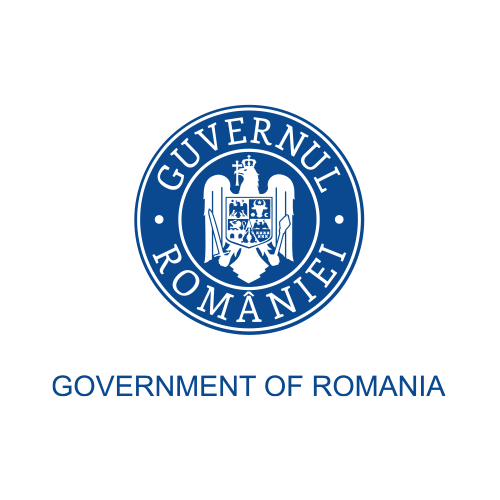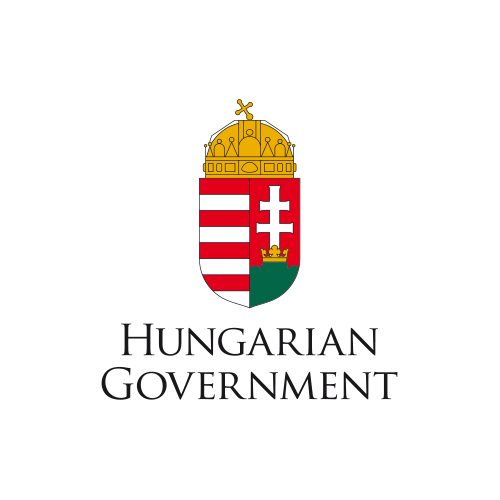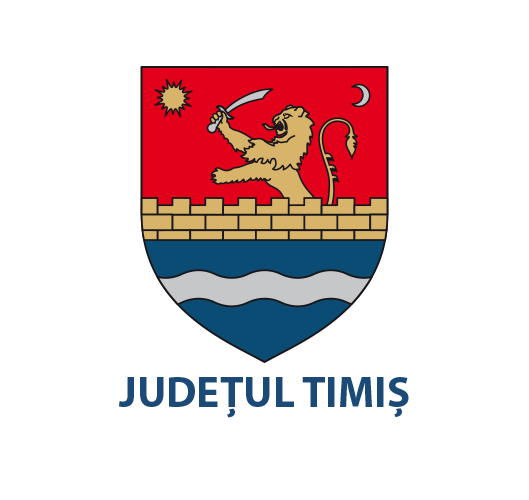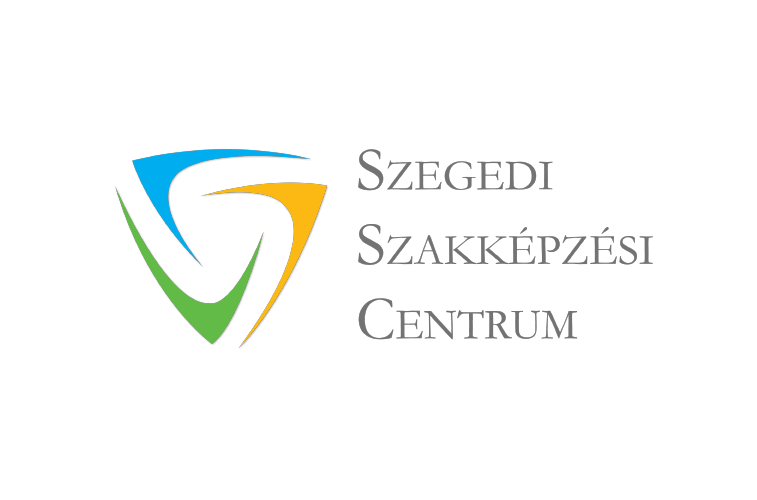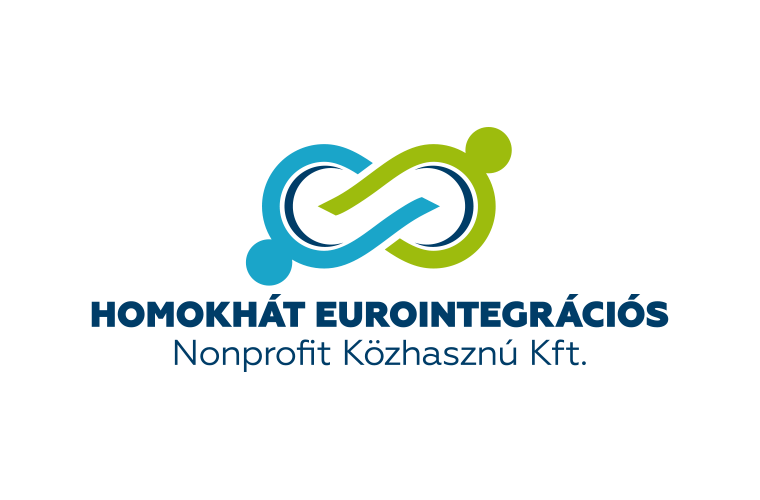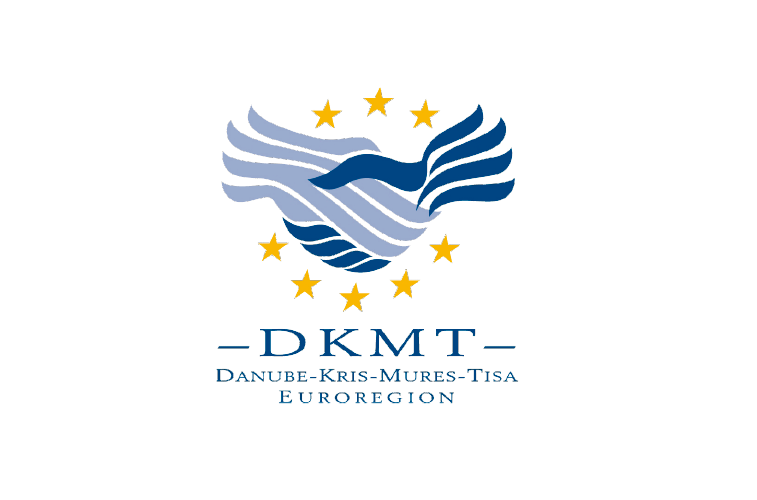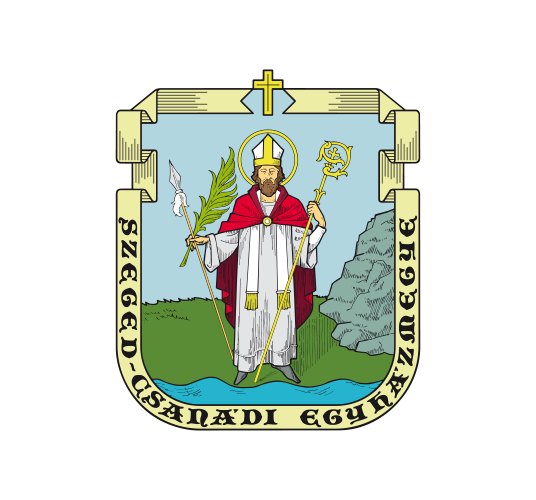
Diocese of Szeged-Csanád
The SZCSE has project experience both on national and cross-border level. Being an organization that operates numerous educational institutions, it has successfully applied in the Social Renewal Operational Programme (TÁMOP-3.1.17-15 with a HUF 104 million budget) during the previous programming period and the Human Resources Development OP during the current period. 16 applications were approved so far (worth more than HUF 1 billion in total) and the SZCSE is implementing most of them currently. The projects are mainly concerning reconstruction (improving energy efficiency in schools) but there are several soft projects, too, most of them about community building among young people. The SZCSE also has ROHU CB project experience: the project “Reconstruction of Zöldfás community training house” (HURO/1101/165/2.1.3) had the objective of a building reconstruction; from the same call, the project “Building of Nagylak church” was also financed.
The partner is one of the biggest institutions in Csongrád-Csanád county that operates schools (39, currently). 5 of the SZCSE’s schools are offering vocational trainings, thus the organization has significant experience in this field – the partner’s contribution to the project will be essential in the activities aiming at the development of vocational trainings in the CB area.
The SZCSE has no other international project experience beside the above-mentioned two funded by the HURO programme, although it has good external relations and cooperation with international partners from various countries, mostly with churches or related organizations.
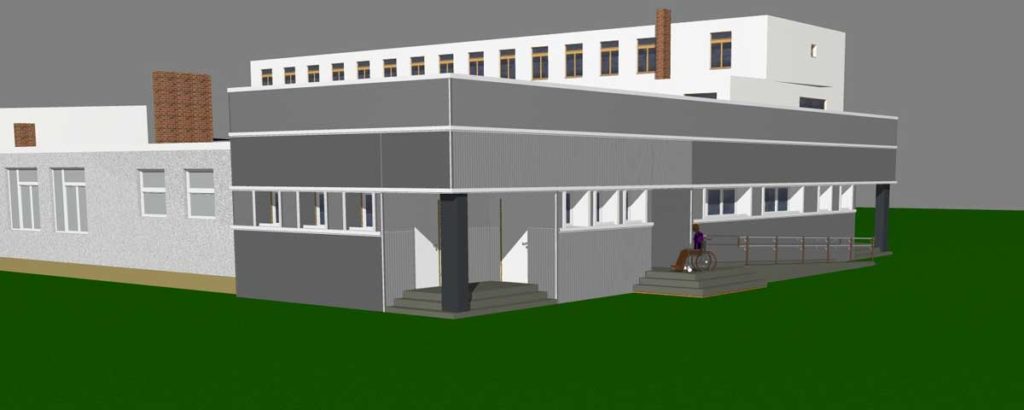
WORK PACKAGE INVESTMENT – SZCSE
Title: SZCSE – Creating state of the art conditions for vocational trainings
WP responsible partner: SZCSE
Partner involvement selection: SZCSE
Summary investment description:
The subject of the WP is the reconstruction and enlargement of the ”Árpád Fejedelem” Catholic Secondary Grammar School and Vocational School. The investor, namely the Roman Catholic Diocese of Szeged-Csanád intends to enlarge and transform the existing kitchen of the school in order to create a school kitchen training site. This activity is in full compliance with the objectives of the JEDI project and contributes to their achievement.
The new kitchen, training kitchen and confectionery will provide the town with a new vocational training facility. At the same time, the public catering system of the town will improve. The kitchen will be able to meet the requirements of the local public catering system and serve as a training facility for future cooks. The training kitchen and confectionery will be the potential places where students may learn the basics of their trade and do the series of exams required by their relevant curricula.
With the infrastructural development of vocational training, the objective of the investor is to provide the students of the school – future cooks and confectioners – with the basic knowledge of catering trade and offer them competitive skills and competencies before they enter the labour market. In the course of their studies, they are going to learn about:
- the ways of compiling a menu, how to suggest various diets;
- ordering, preparing and processing the necessary ingredients;
- preparing, rationing the food, decorating the dishes, serving; and
- coordinating and managing the work of the auxiliary personnel.
Area of the property: 8,093 m2
Floor area of the existing building: 1,887.79 m2
Floor area of the projected building: 2,158.84 m2
Built-up density of the property at present: 23.33%
Planned built-up density of the property: 26.68%
Ground area of the rooms in the building: 2,446.77 m2
Planned height of the facade: 8.4 m
Justification:
Labour shortage is a serious problem in Kistelek and its microregion. One of the main reasons behind it is the lack of professional, technical and practical skills and experiences of the jobseekers. Another factor is that vocational training has a low prestige and lost its attractiveness in the eyes of the younger generations. The infrastructural conditions influence also the competitiveness and potential offer of the vocational school.
The Joint Employment Strategy identified some key factors that emphasize the relevance of and needs for the investment:
• Csongrád-Csanád county suffers from a significant natural decrease of the population; the domestic migration indicator was continuously negative, and the rate of people under age 15 (13.52%) was lower than in other parts of the region because of the outmigration of better educated and more talented people (the total number of young people decreased by 3.64% between 2012 and 2018) – and these trends are particularly true for Kistelek and its immediate surroundings.
• Although the employment indicators have been improving in the last decade, some labour market imbalances can be detected in the affected area, i.e. structural unemployment, disparities between the labour market demand and supply.
The newly established vocational training site in Kistelek provides new, expanded opportunities for training courses that are in line with the employers’ needs and accelerate the economic development of the region. The topic of the training courses (cooking and confectionery) is also important in the region and in Csongrád county: although the region is not one of the most popular tourist destinations, tourism has a significant role in the economic development, as stated in the Regional Development Programme of Csongrád-Csanád county.
Location of the investment:
The building to be reconstructed and enlarged within the project (“Árpád Fejedelem” Catholic Secondary Grammar School and Vocational School) is located in the city of Kistelek. Kistelek is in the southern part of Csongrád-Csanád county, 145 km southeast of Budapest (SW) and 30 km northwest of the county seat, Szeged. Its city status was awarded in 1989. Kistelek stands out from the microregion mainly because of its favourable transport position. Kistelek and its surroundings belongs to the so-called “economic-technological core area” extending from Budapest to Szeged. Kistelek performs various district-level functions based on its well-developed institutional system.
The location of the development project lies northwest of the town centre, along Highway #5, at Ifjúság Square 3, on the premises of the ”Árpád Fejedelem” Catholic Secondary Grammar School and Vocational School. The project area is surrounded by the following:
- on the northern side: Rózsaliget Students’ Dorm;
- on the eastern side: sports facilities (football field) and a car wash plant next to it;
- on the southern side: the building of Ifjúság Square 2 (topographical no. 506), a four-storey apartment block; and
- on the western side: on the opposite side of Bocskai Street, suburban residential area with bungalows.
The place of development is located on the northern side of Ifjúság Square. The property (topographical no. 508/1) is an interior zone land of 8,093 m2, rated for mixed use, suitable for free-standing buildings. The maximum built-up density of the plot is 80% (6,474.4 m2), the highest building allowed is 12.5 m.
Risk:
The Feasibility Study includes the risk analysis and management at investment level.
RISKS IN THE IMPLEMENTATION PERIOD:
1. TECHNICAL
a. Unforeseen problems arise during the implementation
b. Infrastructural activities are not implemented with the required technical content
2. FINANCIAL
a. The costs exceed the planned budget
b. Pre-financing of the operation causes liquidity problems
c. The beneficiary receives the financial support late
3. ORGANIZATIONAL
a. Difficulties in the availability of human resources result in failures of project implementation
b. Staff changes in the management team or in the programme bodies make the implementation more difficult
4. LEGAL
a. Public procurement processes are delayed
b. Legal environment of vocational education changes
5. SOCIAL
a. Local inhabitants and other affected social groups do not agree with the aim of the investment
RISKS IN THE MAINTENANCE PERIOD:
1. TECHNICAL
a. Unforeseen problems arise during the operation of the building
2. FINANCIAL
a. The operation costs exceed the planned amounts which causes liquidity problems
3. ORGANIZATIONAL
a. Hiring staff members of acceptable wage levels is difficult
4. LEGAL
a. Legal environment of vocational education changes during the maintenance period
5. SOCIAL
a. Small number of students in the new vocational training courses
The Feasibility Study also identifies measures to mitigate or prevent each risk. The main measures are as follows:
- Elaborating detailed technical documentation
- Thoughtful scheduling of works/spending
- Selecting highly experienced contractors with references
- Incorporating safeguards and penalties into the contracts, shifting the risk to the supplier’s side
- Accurate cost planning according to market prices
- Continuous financial monitoring
- Reallocation of costs between budget lines
- Exploring the real needs of the target groups
- Proper communication during the project’s lifetime
- Mobilizing the stakeholders
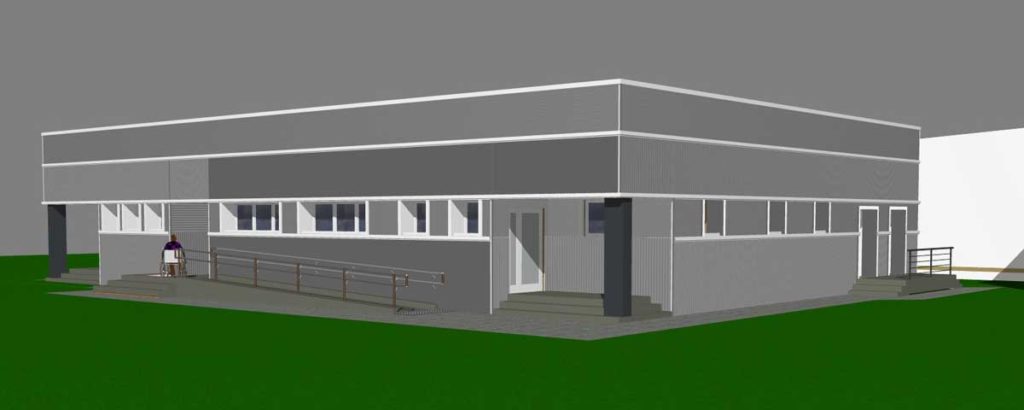
Documentation:
The complex technical investigation and documentation was conducted and elaborated in the Concept Note phase, including the soil mechanical and building static examinations, environmental and noise protection, electricity, machinery, the kitchen fire-fighting network, kitchen technology, public utilities and the fire alarm system. The main content of the Feasibility Study was based on this technical documentation.
Ownership:
The owner of the building is the Municipality of Kistelek, which signed a public educational agreement with the Roman Catholic Diocese of Szeged-Csanád: the latter is the maintainer of the building and the school operated in it.
